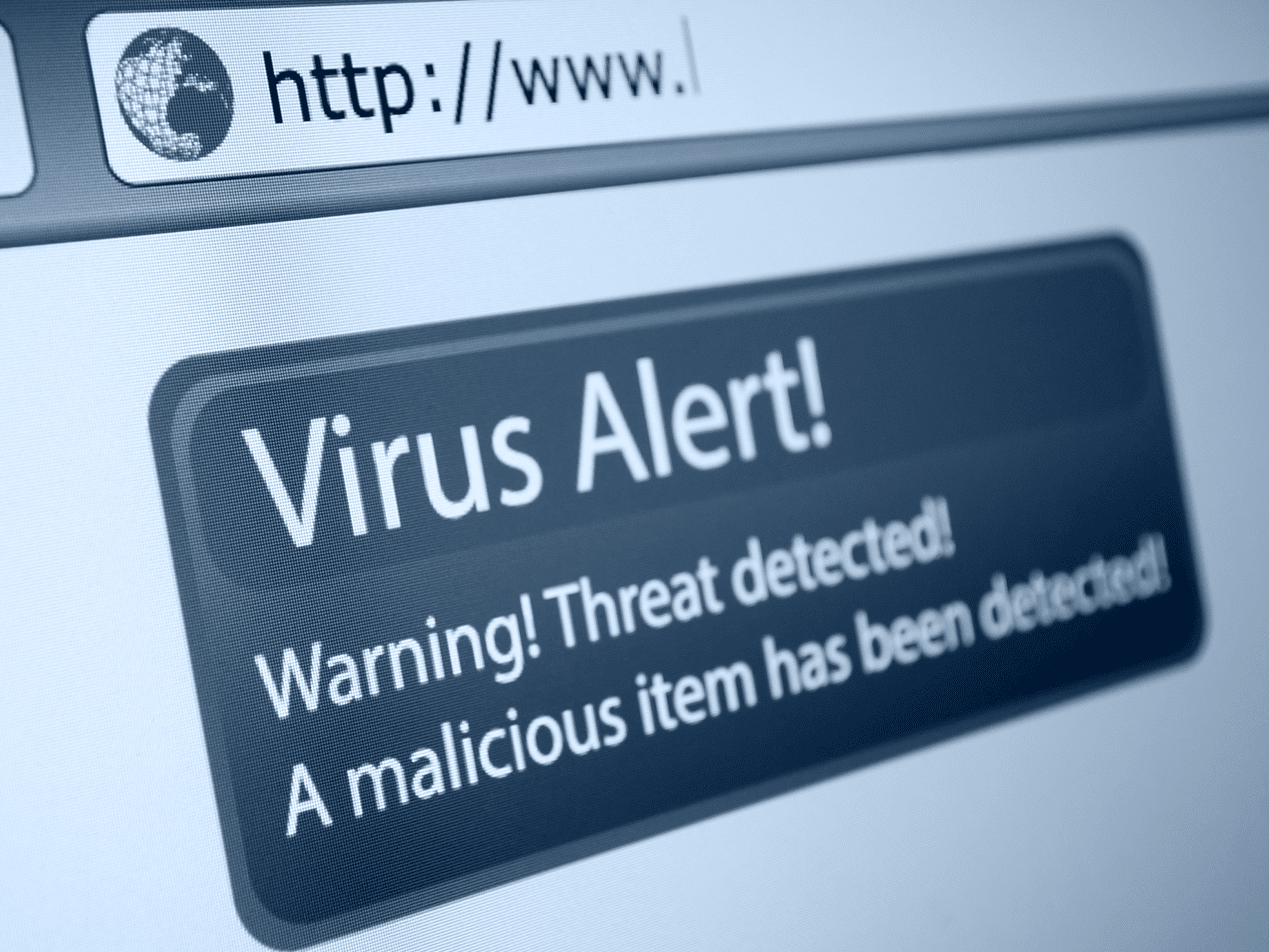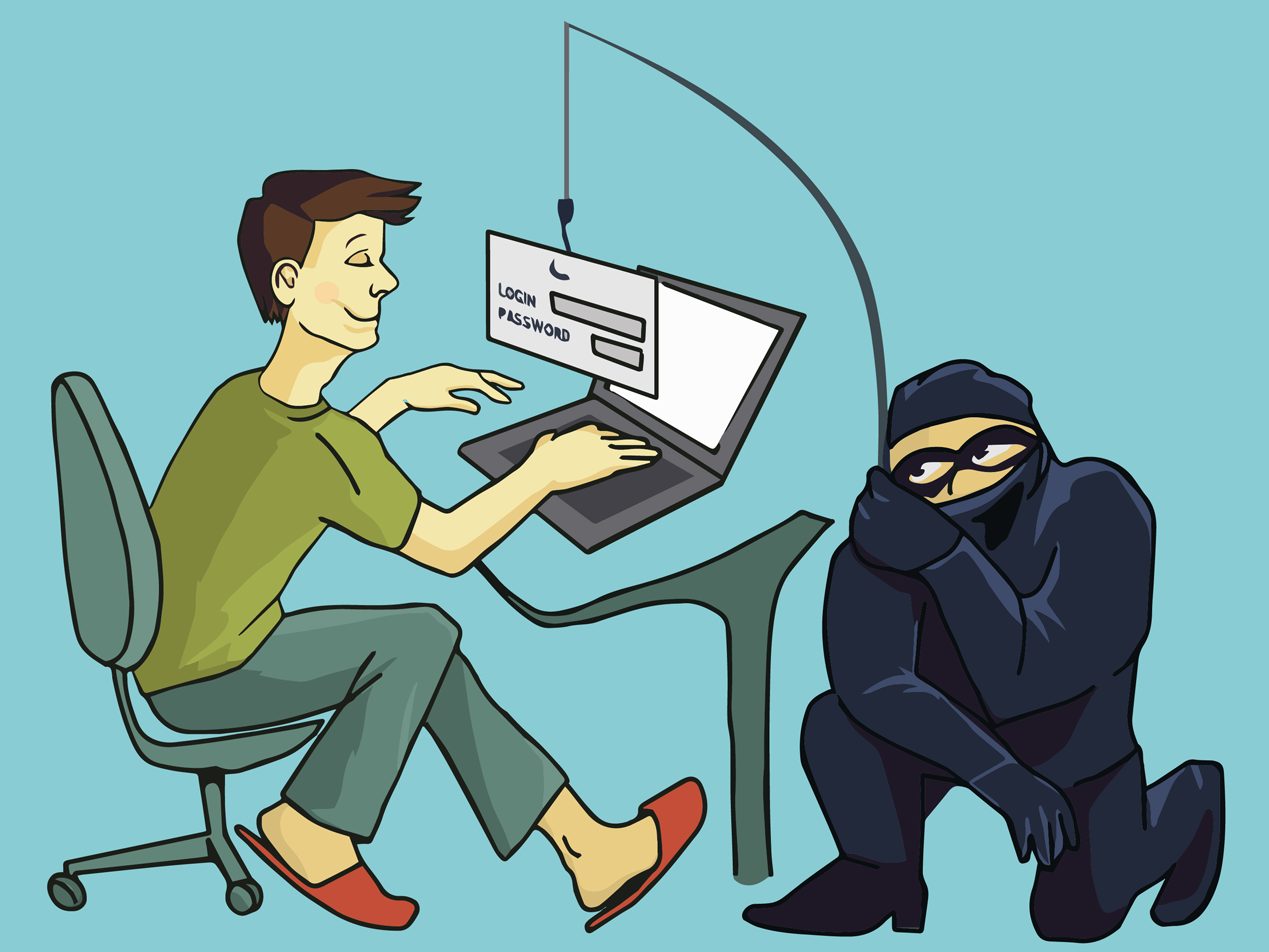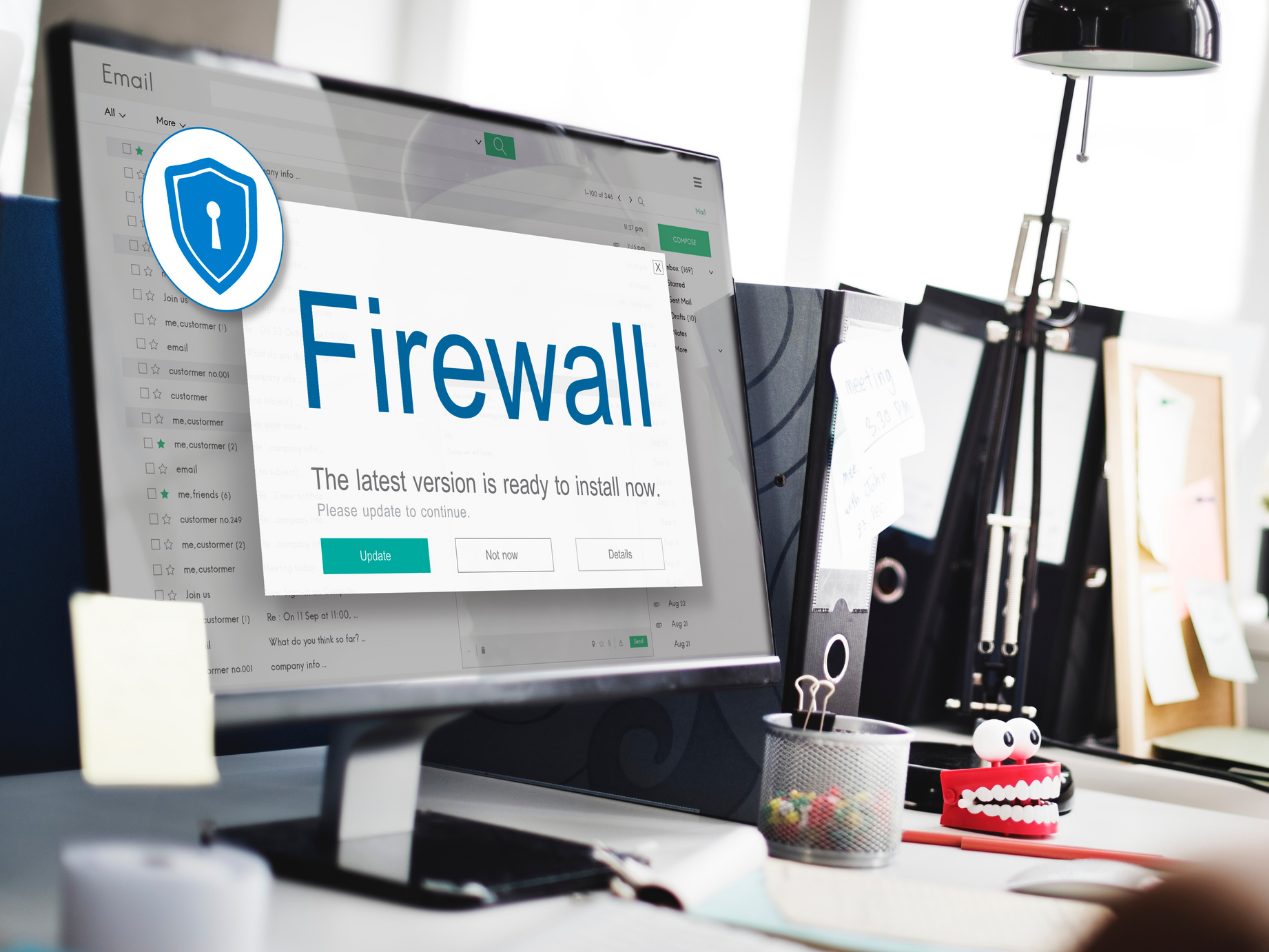
While antivirus software is useful when combatting email viruses, it is not enough on its own. As we’ve stated numerous times, the best way to block a cyberattack is through a layered approach to cybersecurity, one that safeguards all threat vectors (or entry points) and attack surfaces. Antivirus software is just one part of email security; alone, it cannot properly safeguard data (i.e., personally identifiable information (PII)). Depending on a single method can lead to a disaster for organizations, especially those that perform critical functions like healthcare providers. And under HIPAA (the Health Insurance Portability and Accountability Act of 1996), covered entities must only send HIPAA compliant email that safeguards protected health information (PHI) and helps organizations avoid astronomical costs and HIPAA violations. No doubt, it is vital to move beyond antivirus software.
What is antivirus software?
Antivirus software is supposed to scan, detect, and quarantine/delete viruses from a computer. SEE ALSO: 48 Antivirus statistics, facts and insights that you must know While viruses can enter a system through various means, email is one of the most common access points.
Generally, there are three simple ways that an email virus can infect. It can:
- Hide in a phishing email
- Be contained in an attachment
- Embed itself within the body of an email
RELATED: Can I get a virus by replying to an email?
At the same time that email viruses are a dominant type of malware, email itself remains the biggest threat vector of any computer system. Good antivirus software blocks viruses by constantly scanning for potential threats. And once detected, the software automatically removes and places the possible threat into a protected folder. Some programs immediately delete threats while others wait for user confirmation. Antivirus software used to be one of the most effective ways to keep a computer and network safe, but evolving technologies and changing threat landscapes have transformed cybersecurity needs. In today’s cyberenvironment, antivirus software cannot work alone.
The best approach is a layered approach
On average, there are 560,000 new viruses detected daily, and unfortunately, cybercriminals know how to adapt. In other words, over time viruses become harder to detect by antivirus software. Moreover, the number of affected computers is rising exponentially, indicating the need for innovative and up-to-date cybersecurity plans.
RELATED: Your cybersecurity strategy is probably lacking
Unfortunately, healthcare organizations, with their reliance on technology, outdated devices, and tired and stressed employees, are particularly vulnerable to cyberattacks. And like all organizations, those in the healthcare industry cannot rely on staff to catch every malicious email. Because attacks will likely only increase, it’s important to utilize a layered cybersecurity approach that includes:
- Employee awareness training
- Up-to-date policies and procedures
- Prevention and recovery strategies
- Multiple offline backups
- Patched/updated systems and devices
RELATED: How to ensure your employees aren’t a threat to HIPAA compliance
And above all else, email technical safeguards such as access controls (e.g., privileged access management, passwords, etc.), encryption, and antivirus software. The main takeaway should be that any one of these features is not enough on its own.
Always protect your inbox
Healthcare providers can prevent email viruses and data breaches with solid email security. Paubox Email Suite Premium lets organizations send HIPAA compliant email directly to patients’ inboxes from their existing email platform (e.g., Google Workspace or Microsoft 365). No extra logins, passwords, or portals are required. Paubox’s email archiving and data loss prevention (DLP) features further ensure that employees are unable to send sensitive data to unauthorized parties.
Moreover, our HITRUST CSF certified solution comes with inbound security tools that stop phishing, ransomware, spam, display name spoofing, and more. It also comes with a new, patent-pending security feature, Zero Trust Email, which leverages email AI to add a layer of verification before any email reaches an inbox. Antivirus software may provide some security from email viruses, but organizations must use it along with other methods for complete protection. The correct mesh of cyber tools can protect your organization from a breach.
Subscribe to Paubox Weekly
Every Friday we'll bring you the most important news from Paubox. Our aim is to make you smarter, faster.




